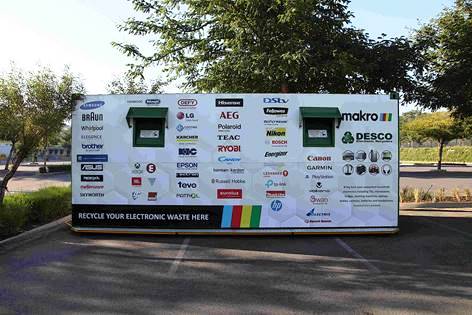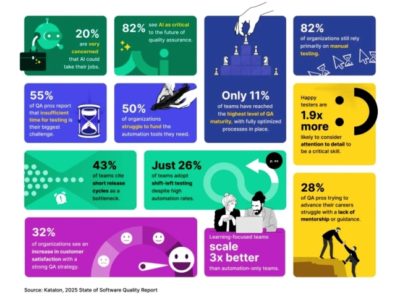Desco Electronic Recyclers has partnered with eWaste Recycling Authority (ERA) and Makro to provide a sustainable solution through the Makro eWaste Bins. The United Nations says approximately 53.6 million metric tonnes of electronic waste is generated annually.
RELATED: Electronic waste rising five times faster than documented e-waste recycling: UN
This ongoing initiative, in cooperation with ERA – a non-profit company and a Producer Responsibility Organisation (PRO) – aims to offer an accessible and responsible way for consumers to dispose of their electronic waste.
Desco Electronic Recyclers director Giulio Airaga says consumers are often reluctant to travel long distances to recycle, which can lead to a significant barrier in proper eWaste disposal. “To address this issue, the partnership with Makro places recycling bins in easily accessible retail locations, making it convenient for customers to drop off their electronic waste.”
“When recycling stations are integrated into places where people frequently shop, such as Makro stores, the task becomes less of an inconvenience. Even if a customer forgets to bring their eWaste on their first visit, the proximity of these bins ensures they can easily dispose of their items on subsequent trips,” he explains.
This approach not only facilitates higher participation rates but also embeds recycling practices into regular routines, leading to better overall eWaste management.
Moreover, the presence of recycling bins at familiar retail outlets has a dual benefit: it serves as a constant reminder for customers to recycle their eWaste. This frequent exposure helps raise awareness about the importance of recycling electronic devices and can educate consumers about the potential environmental impact of improper disposal.
For many, seeing these bins in places they visit regularly helps to keep eWaste management at the forefront of their minds, increasing the likelihood of responsible disposal. This ongoing visibility not only encourages regular recycling habits but also helps in spreading knowledge about eWaste issues, contributing to a more informed and proactive community.
The Makro eWaste Bins, conveniently located at Makro stores nationwide, allow consumers to easily drop off items such as smartphones, laptops, batteries, and other electronic devices, ensuring they are recycled in an environmentally friendly manner.
Airaga says only a small portion of this eWaste is recycled properly, while the rest ends up in landfills, causing severe environmental damage and posing significant health risks due to hazardous materials such as lead, mercury, and cadmium.
Electronic waste not only threatens environmental health but also leads to the loss of valuable raw materials. According to the Global eWaste Monitor, eWaste contains significant amounts of precious metals like gold, silver, and palladium. However, a staggering $57 billion worth of these materials are discarded each year because of inadequate recycling practices.
The Makro eWaste Bins initiative aligns with global efforts to manage eWaste more effectively and sustainably. By recycling eWaste, valuable materials such as gold, silver, and copper can be recovered and reused, reducing the need for new raw materials and the environmental impact of mining.
Additionally, proper eWaste recycling helps prevent harmful substances from contaminating soil and water, protecting ecosystems and human health.
Airaga says beyond environmental benefits, the ERA eWaste Bins initiative at Makro also supports job creation and economic growth. “By partnering with local recycling facilities, Desco is helping to create employment opportunities in the recycling sector, contributing to the local economy and fostering community development.”
Desco is planning to roll out similar projects at various malls countrywide, they invite everyone to join the ongoing effort against eWaste. By participating in the ERA and Makro eWaste Bins program, consumers can play a vital role in protecting the environment and supporting sustainable practices.































